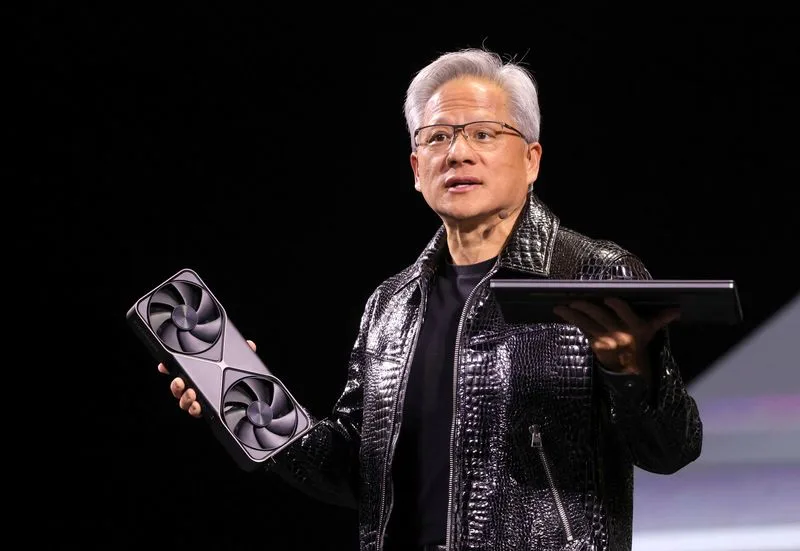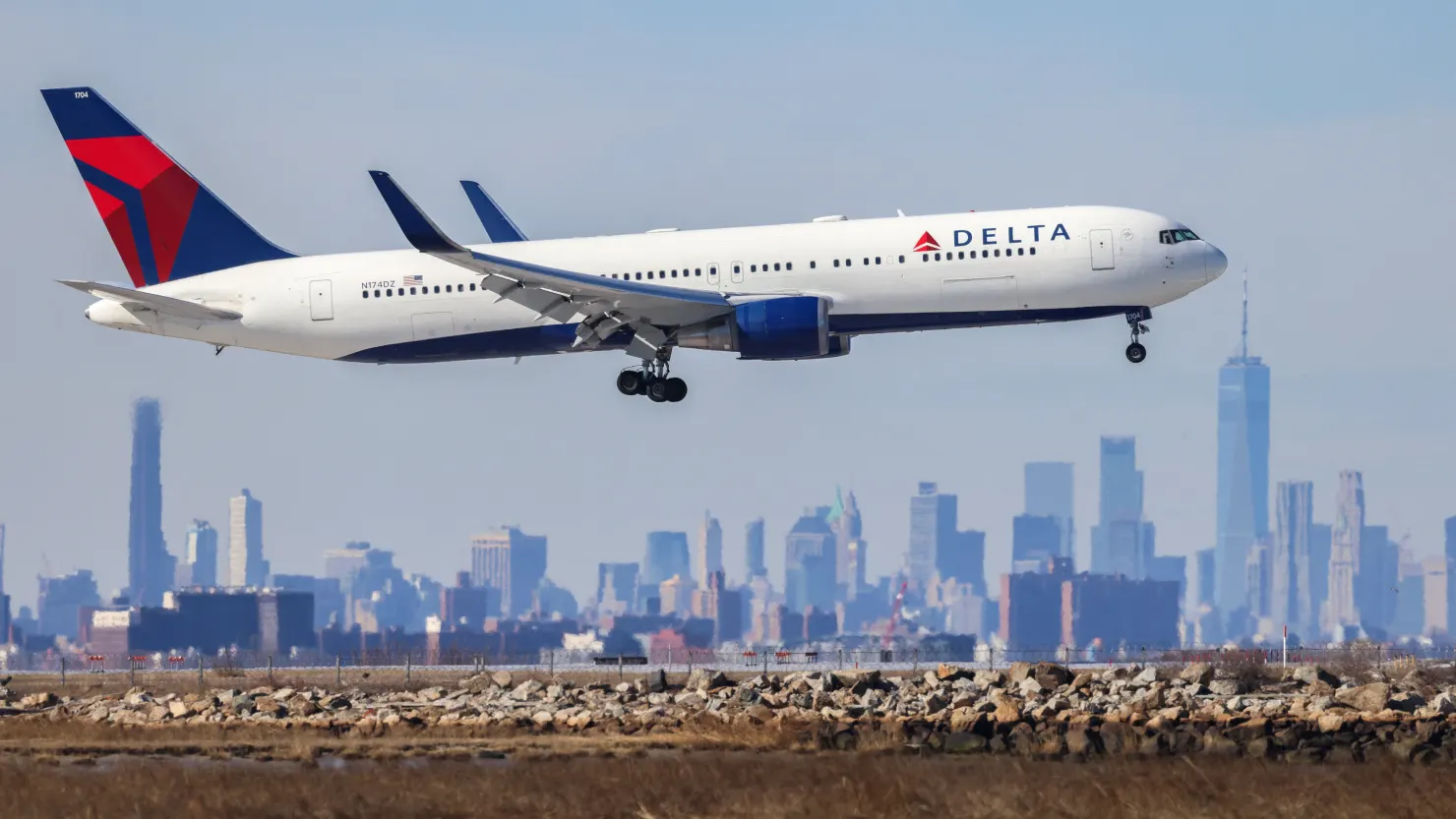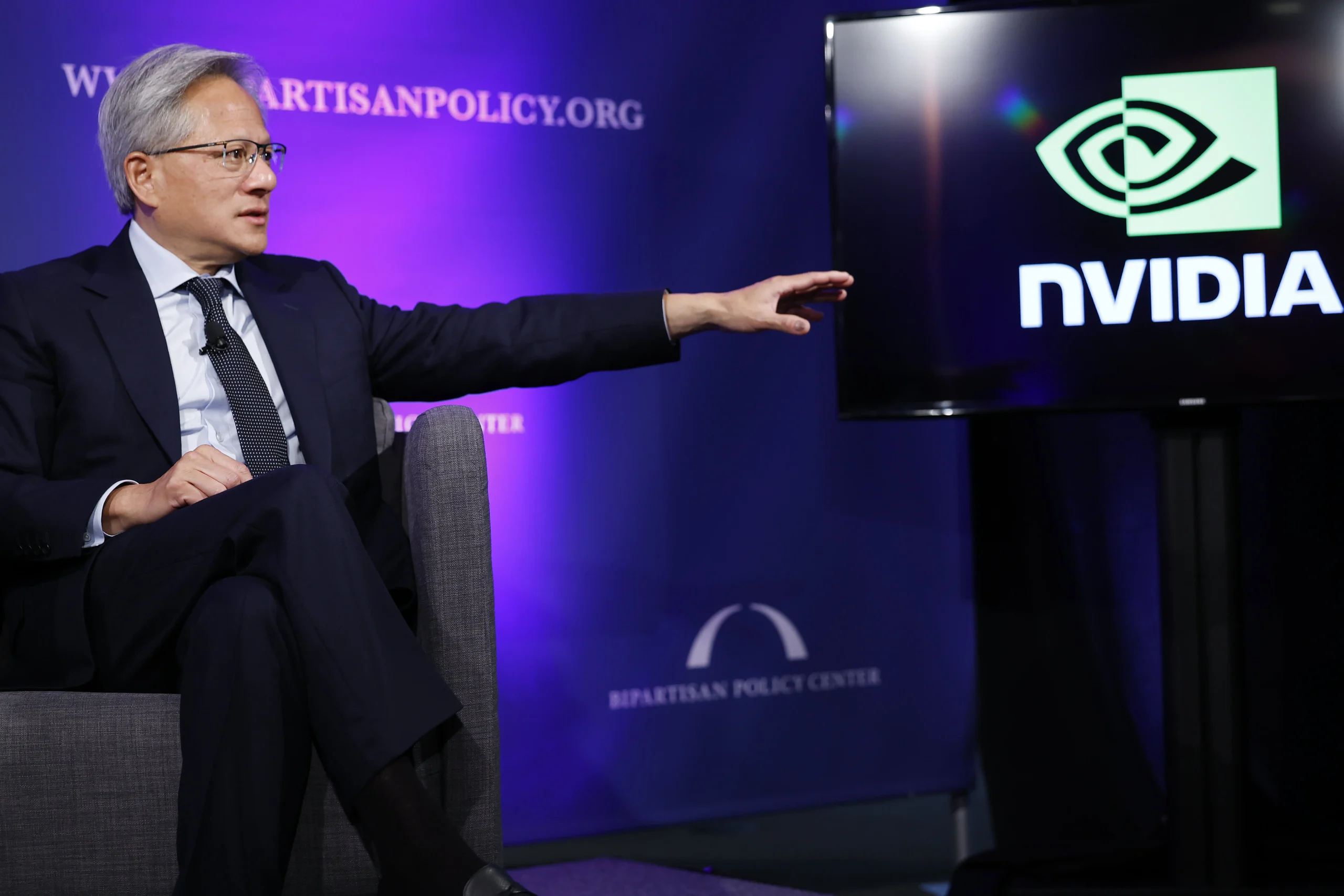The Supreme Court will weigh in on a landmark legal fight that could decide whether the government can ban the widely popular social media app TikTok nationwide and whether it would constitute a violation of the First Amendment.
The case has taken on greater significance for what it could mean for free speech and digital privacy, the battle coming as a period of friction between the United States and China continues to splash over into the tech world.
The law at the heart of the case could give the U.S. government the power to ban TikTok on national security grounds, citing concerns over the app’s ownership by the Chinese company ByteDance and the possibility of user data being accessed by the Chinese government.
This means that, under the act, the President was bound to impose regulations or prohibitions on those kinds of transactions that would create potential adverse effects on the national security threat; and on one’s behalf, supporters can justify that TikTok indeed bears enough potential risks for imposing this sort of ban.
The advocates against the proposals of the ban, including TikTok, have also stated that such a decision would result in a gross infringement on free speech and, in particular, the right of Americans to communicate and share content on a platform that has become a staple in popular culture. The case represents a critical test of the powers of governments to regulate digital platforms; it also speaks volumes about how far governments can go in enforcing national security without infringing on the rights of the Constitution.
First Amendment Concerns
One of the most central legal issues the Supreme Court will face is whether the law allowing a ban on TikTok infringes upon the First Amendment, which grants the right to free speech.
TikTok insists that its app is an important channel for millions of users, among them some who use it to post about politics, create creative content, and comment publicly.
A ruling in favor of the ban by the Supreme Court might serve as a precedent for other kinds of government regulation or censorship of digital platforms, further complicating the relationship between tech companies and constitutional protections. TikTok, joined by civil rights organizations, keeps insisting that the ban would suppress free expression and unfairly single out a platform where there is no concrete evidence of wrongdoing on the part of its American users.
It’s not about TikTok as a company; it’s about the bigger impact on freedom of speech,” one legal expert involved in the case said. “A ruling against TikTok could open the door for the government to regulate or shut down any platform it deems a national security threat, even if no concrete evidence of harm is presented.”
National Security Implications
On the other side of that argument, proponents of a ban, including several in Congress, say TikTok does represent a legitimate national security risk. The US government has noted that the app might easily share sensitive user data with China’s government result the 2017 Chinese intelligence law could force Chinese firms to cooperate with government surveillance. This has raised alarms among federal officials, who say TikTok could be used for espionage or influence campaigns.
Lawmakers have expressed concerns that the huge user base of TikTok, especially among younger Americans, could be exploited for disinformation campaigns or data harvesting that might undermine U.S. security interests. The government has yet to provide hard proof of these claims, but the controversy surrounding TikTok’s operations in the U.S. has led to mounting political pressure to take action.
The Impact on TikTok’s Future
TikTok has become such a cornerstone of the digital space, where millions of American users share items ranging in scope from personal stories to trending topics. An actual ban might have long-reaching effects on those people, content developers, and companies relying on it to reach newer audiences. As for TikTok, this would constrain its operational ability in one of the biggest markets in the world, thus taking a toll on it economically.
But that’s not all: The case also presents a challenge for the broader tech industry. A government victory could embolden similar efforts to ban other platforms-most especially those with foreign ownership or international reach perhaps even set a precedent for how the U.S. government approaches tech regulation in the future.
What’s Next for the Case?
The Supreme Court is set to hear arguments in the coming months, with a ruling likely by summer 2024. Legal experts are closely watching the case and its wide-ranging implications, not only for the future of TikTok in the U.S. but for the future of the broader relationship between technology and free speech.
While the result is still anybody’s guess, it is pretty clear that the decision of the Supreme Court would remain one of the landmark decisions on digital rights and national security issues in recent times. This judgment will impact not only TikTok but perhaps how future tech regulations will be framed across the nation.
Conclusion
The Supreme Court’s ruling comes as the legal fight over TikTok’s future in the U.S. continues to unwind and will prove pivotal in a fine balance between national security concerns and First Amendment protections. For millions of Americans using TikTok as a vehicle for communication and self-expression, this case may prove to have long-lasting implications regarding their ability to share content without hindrance online.




